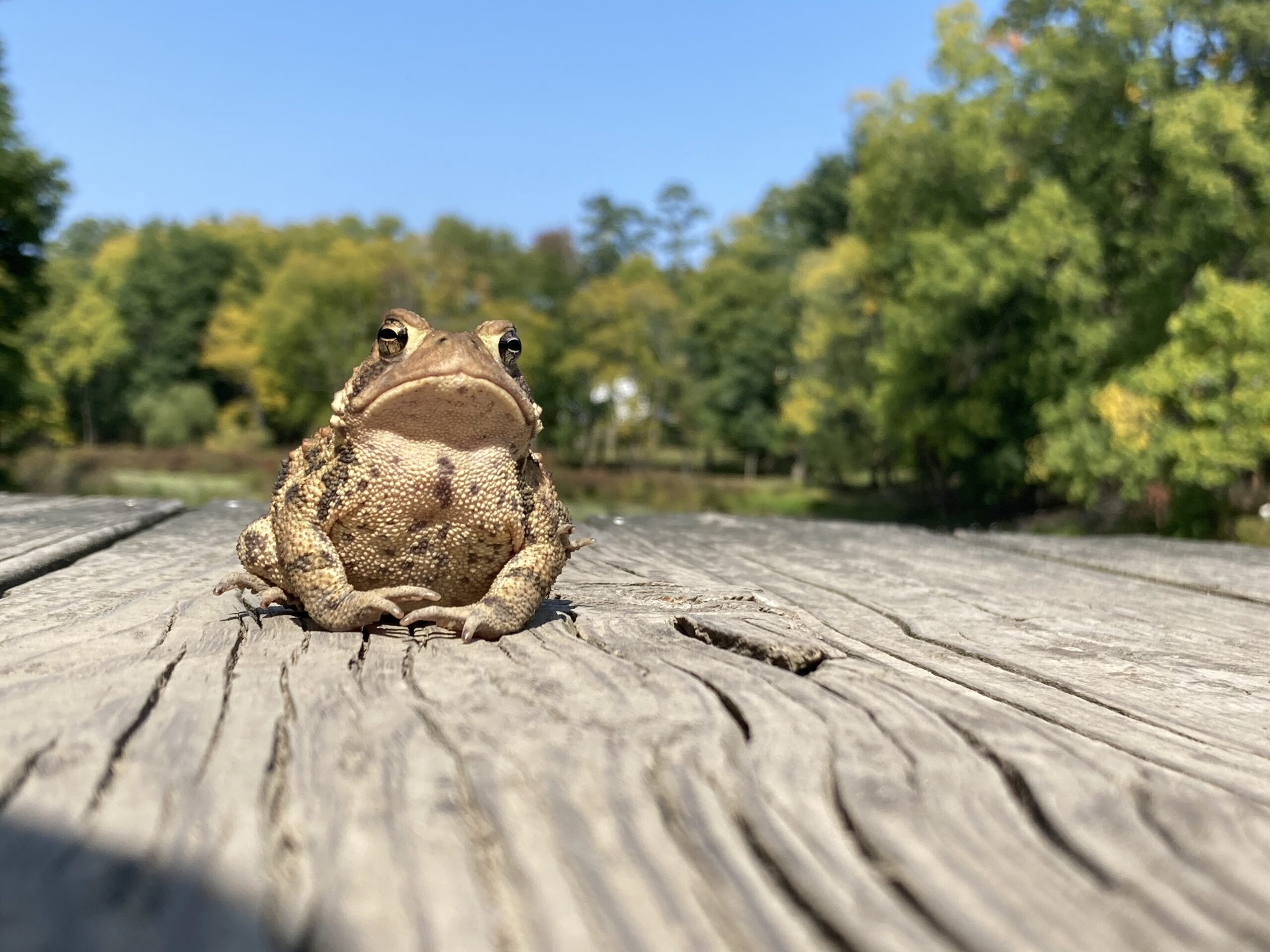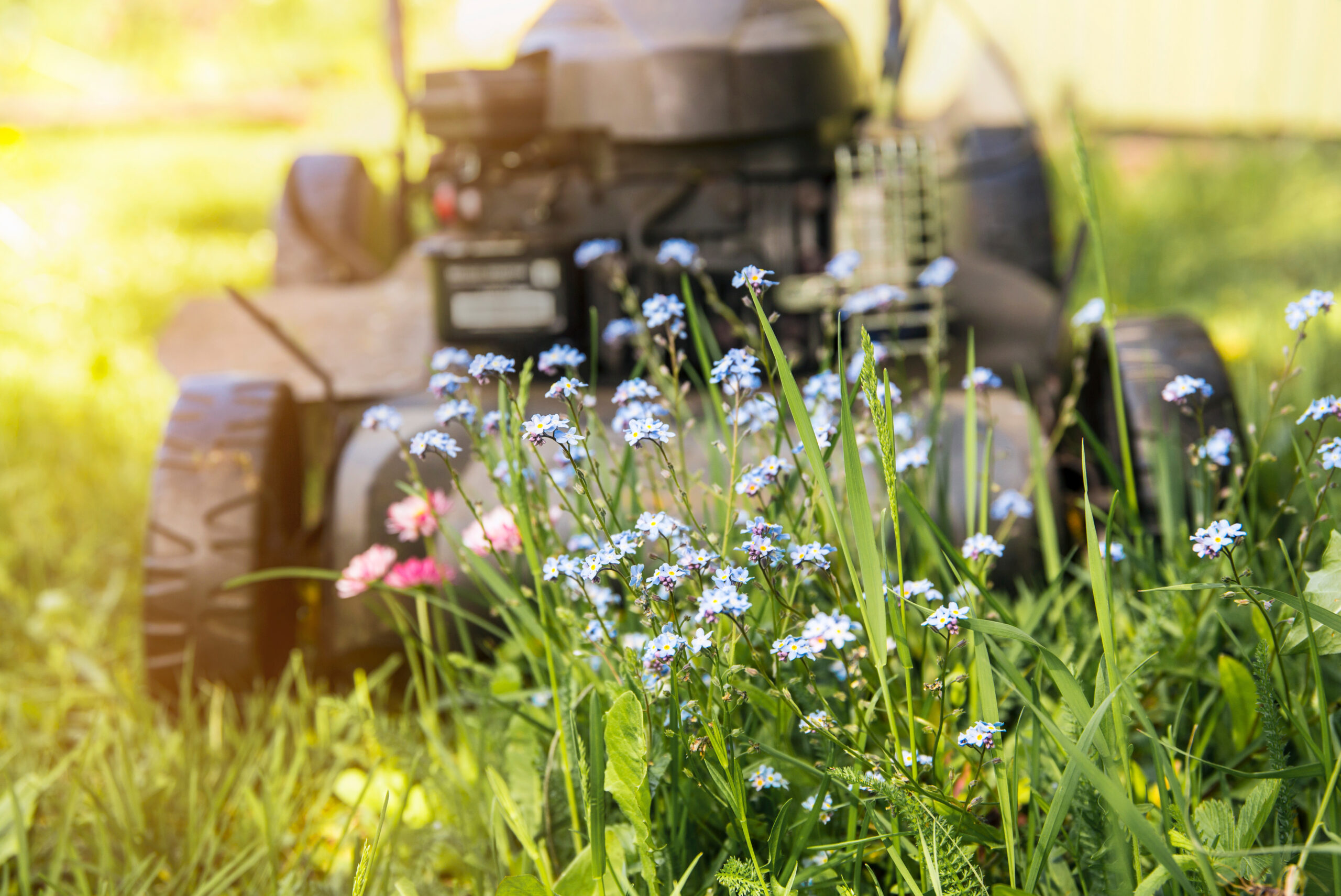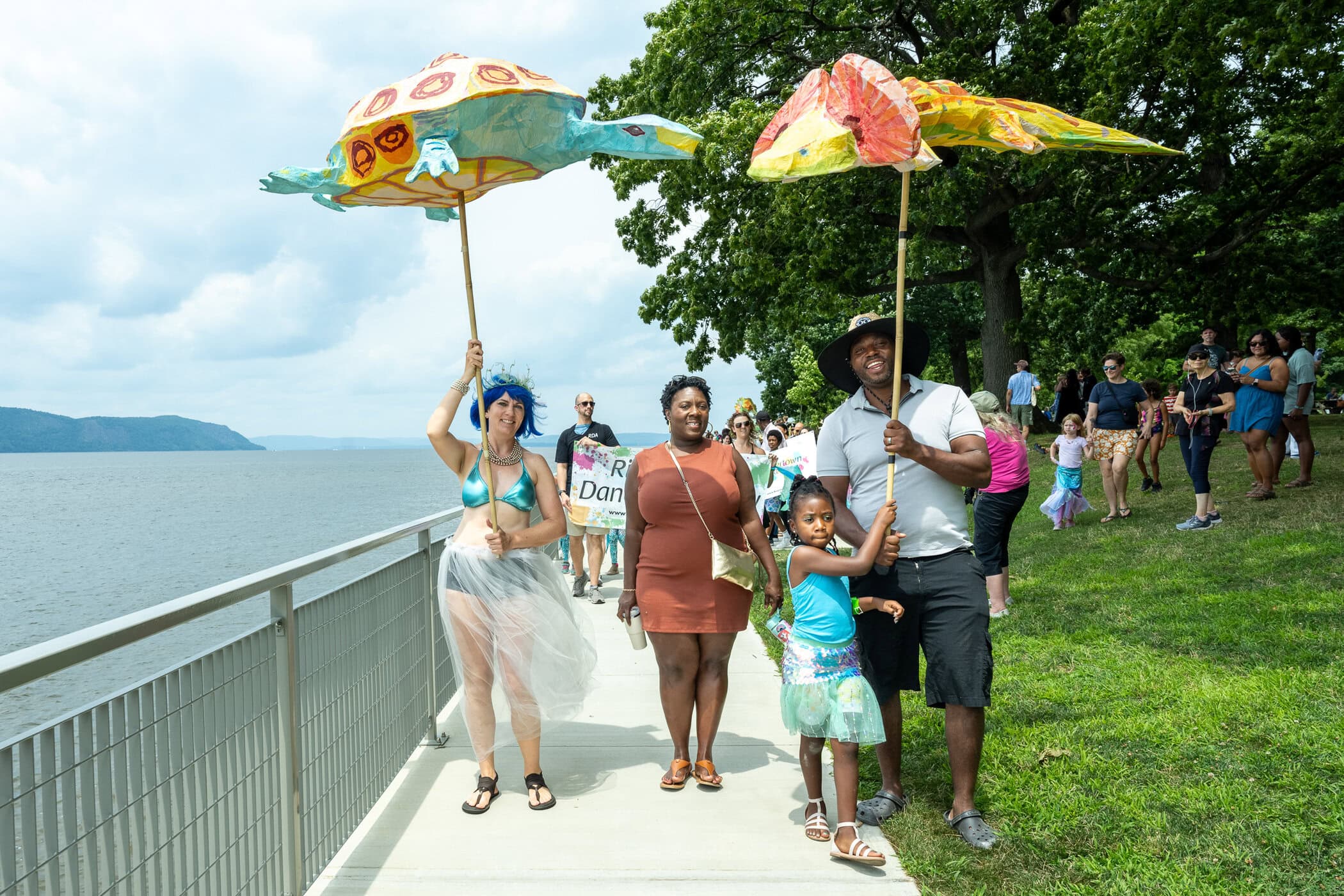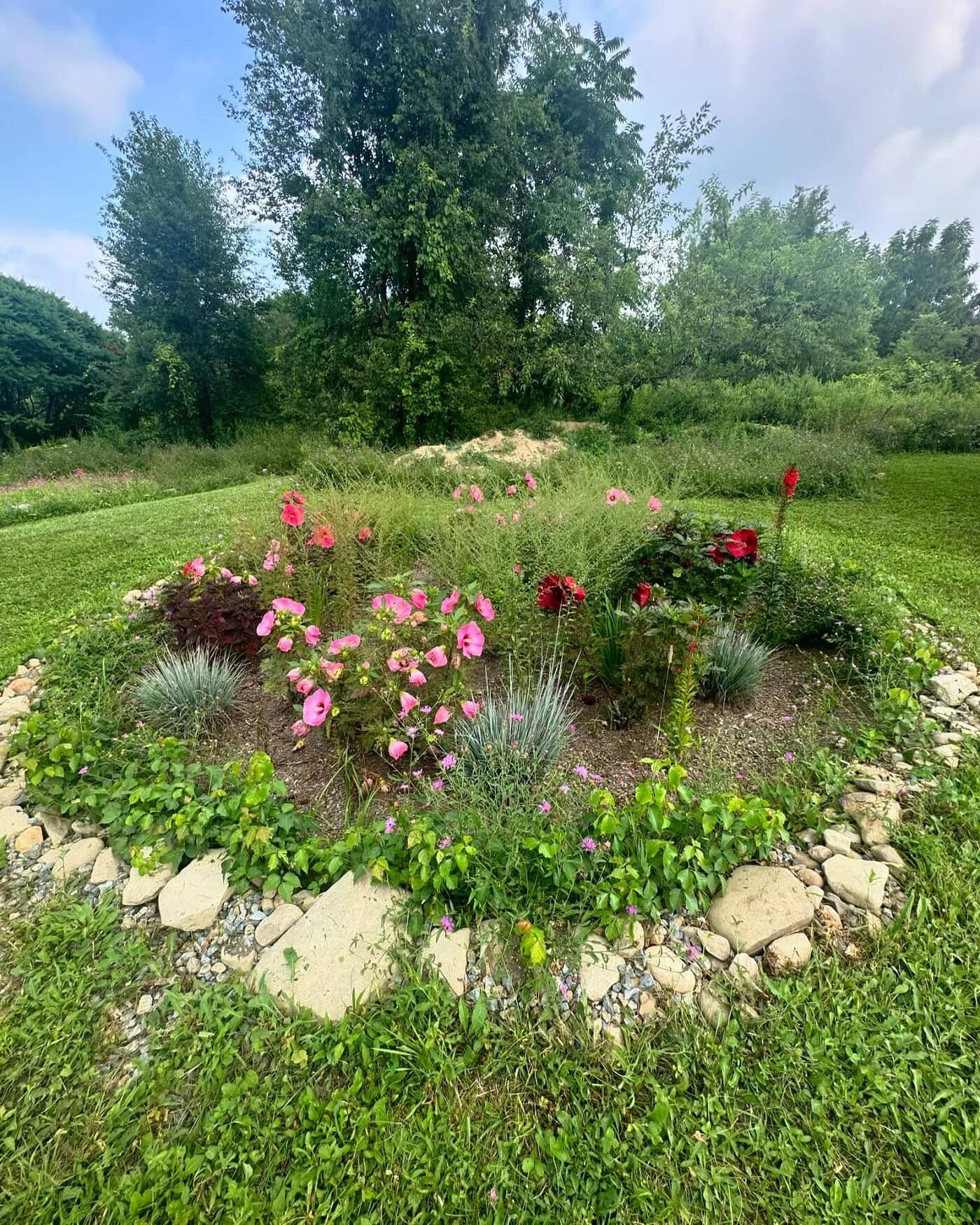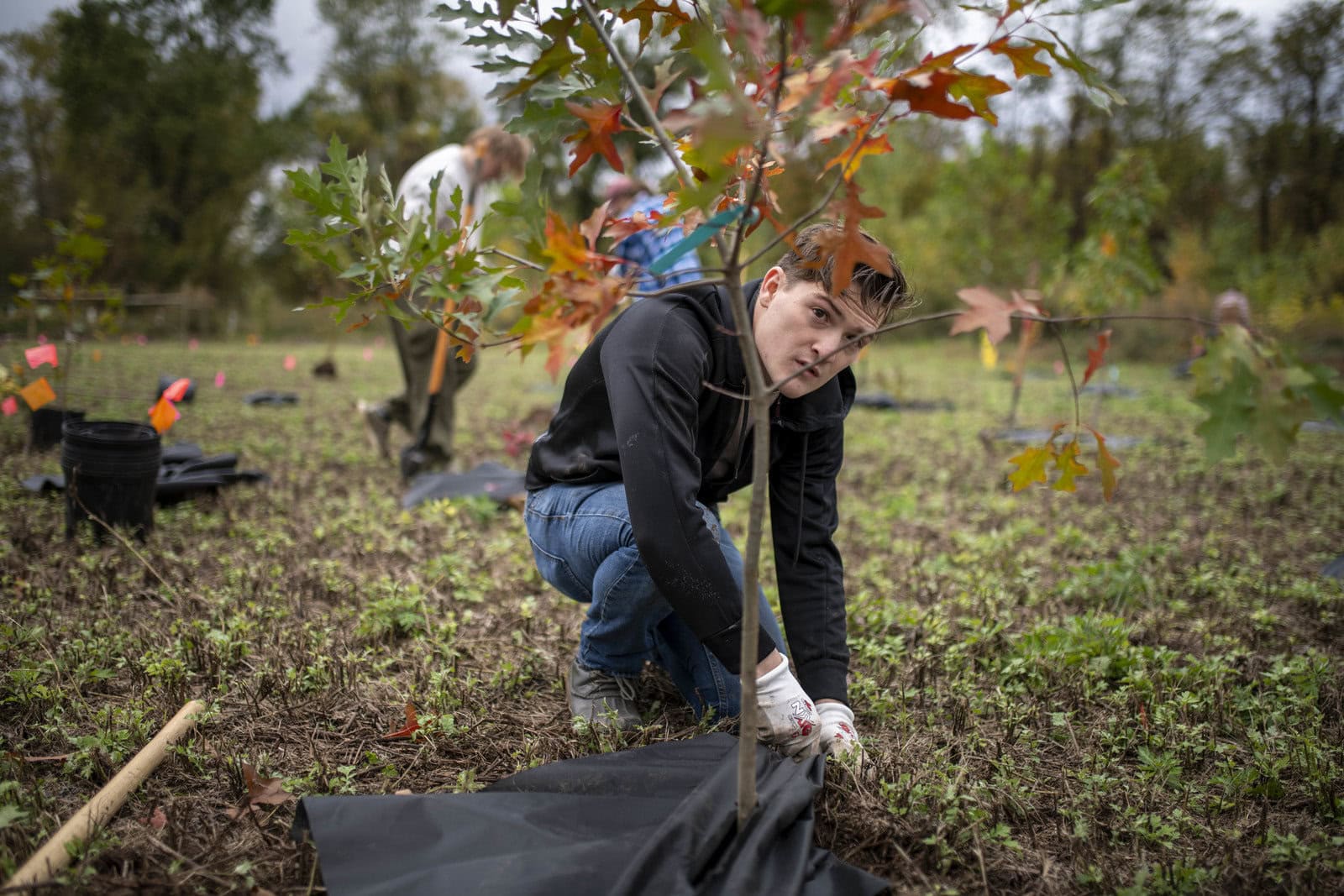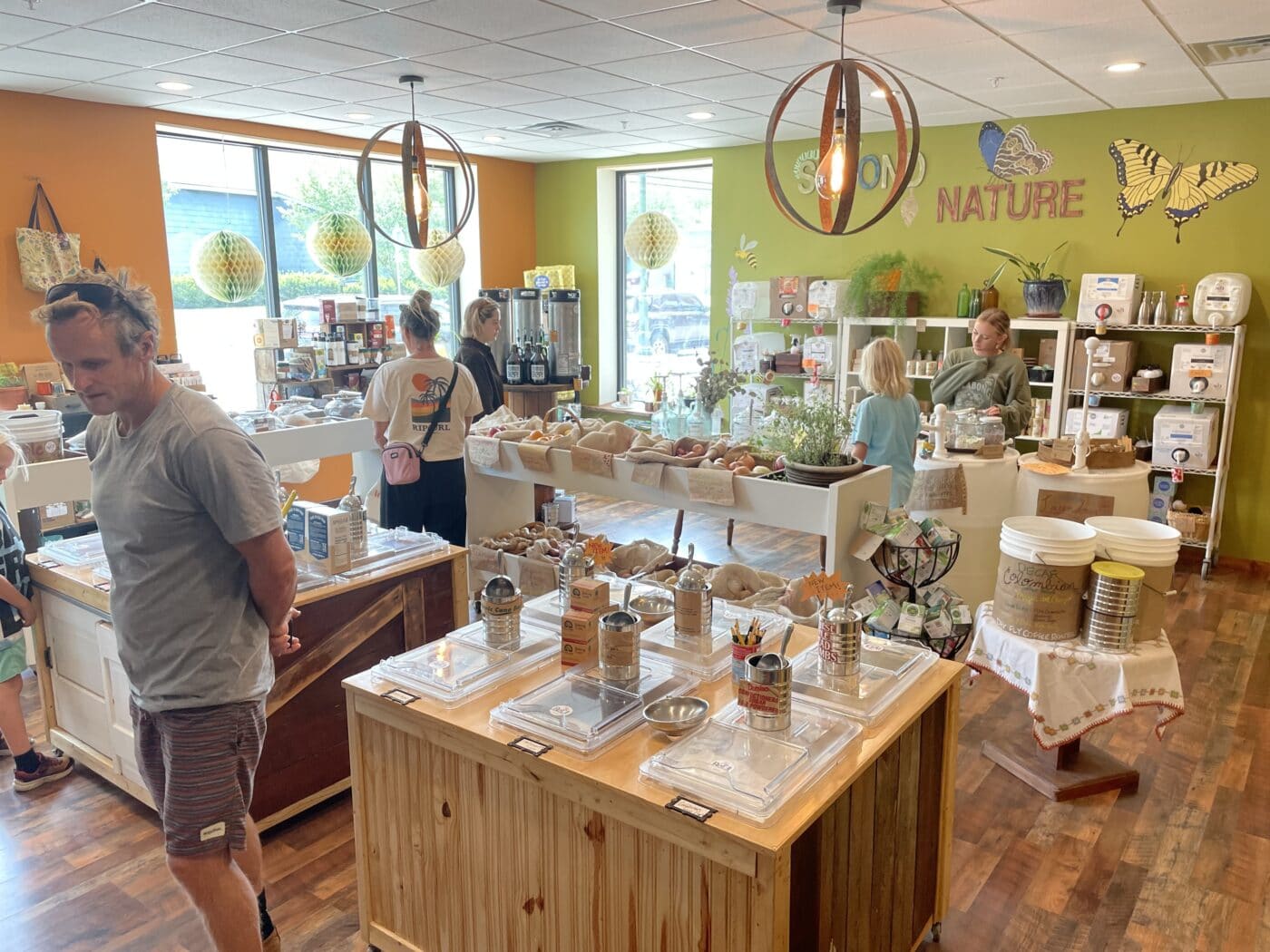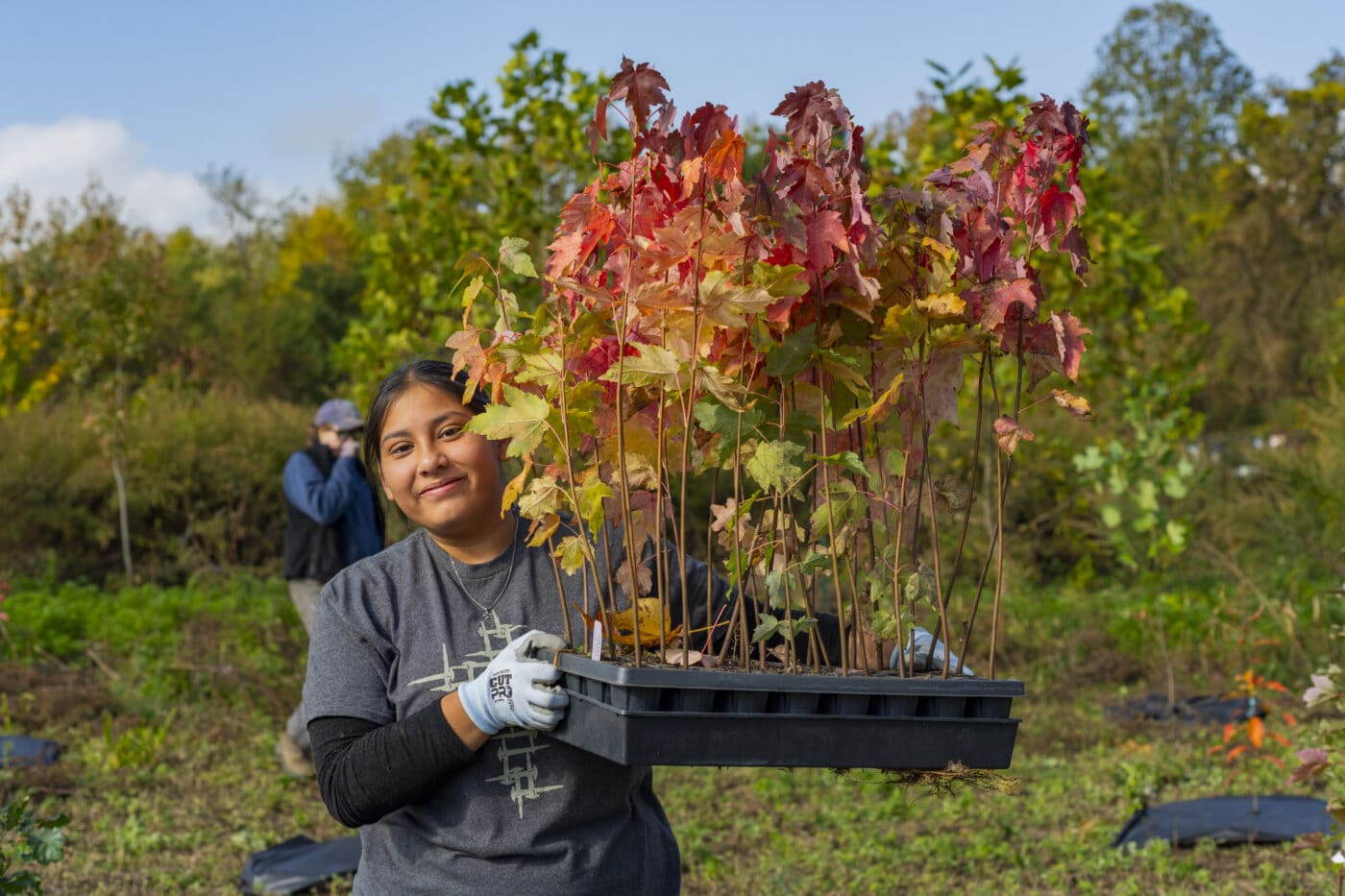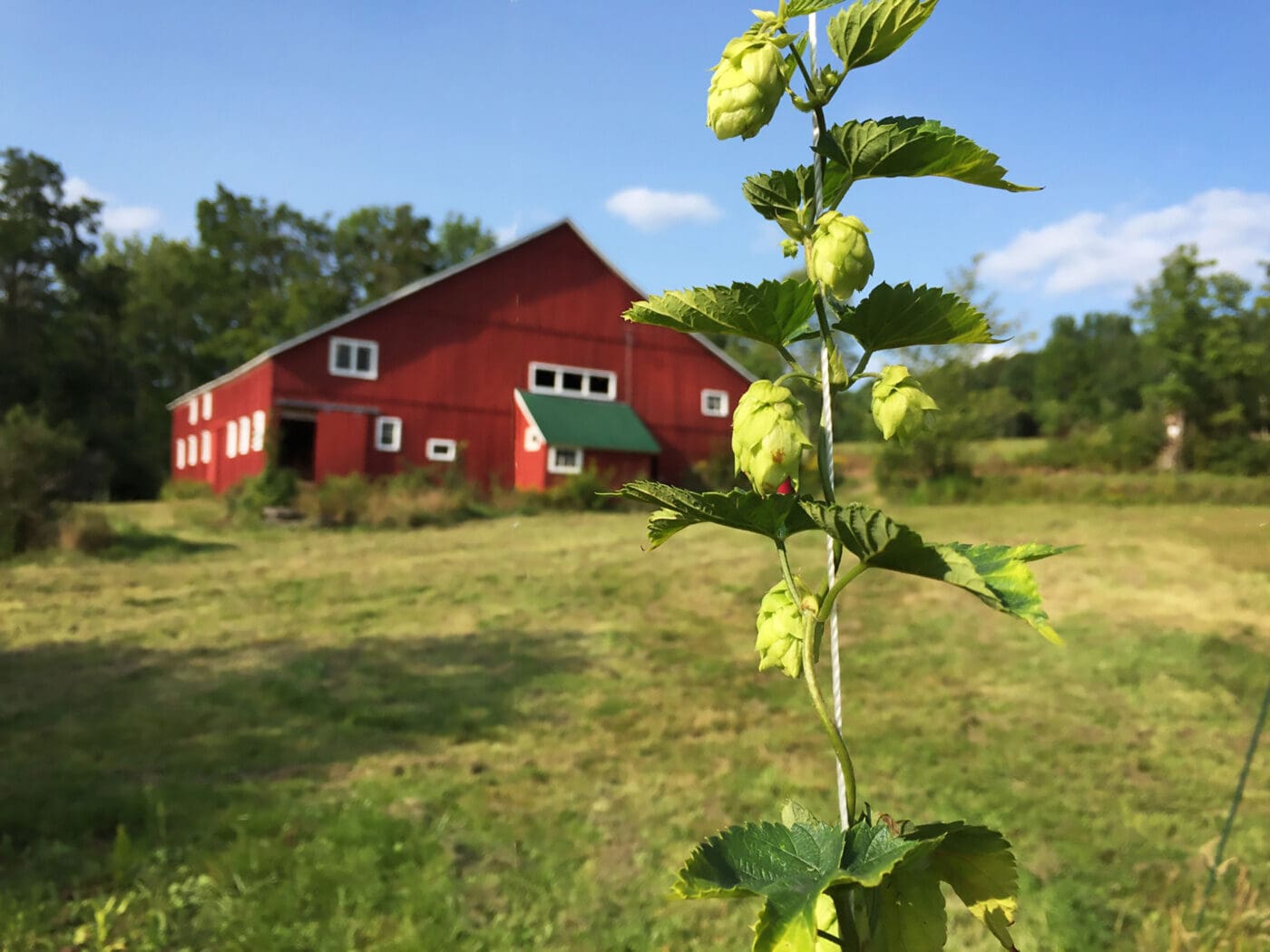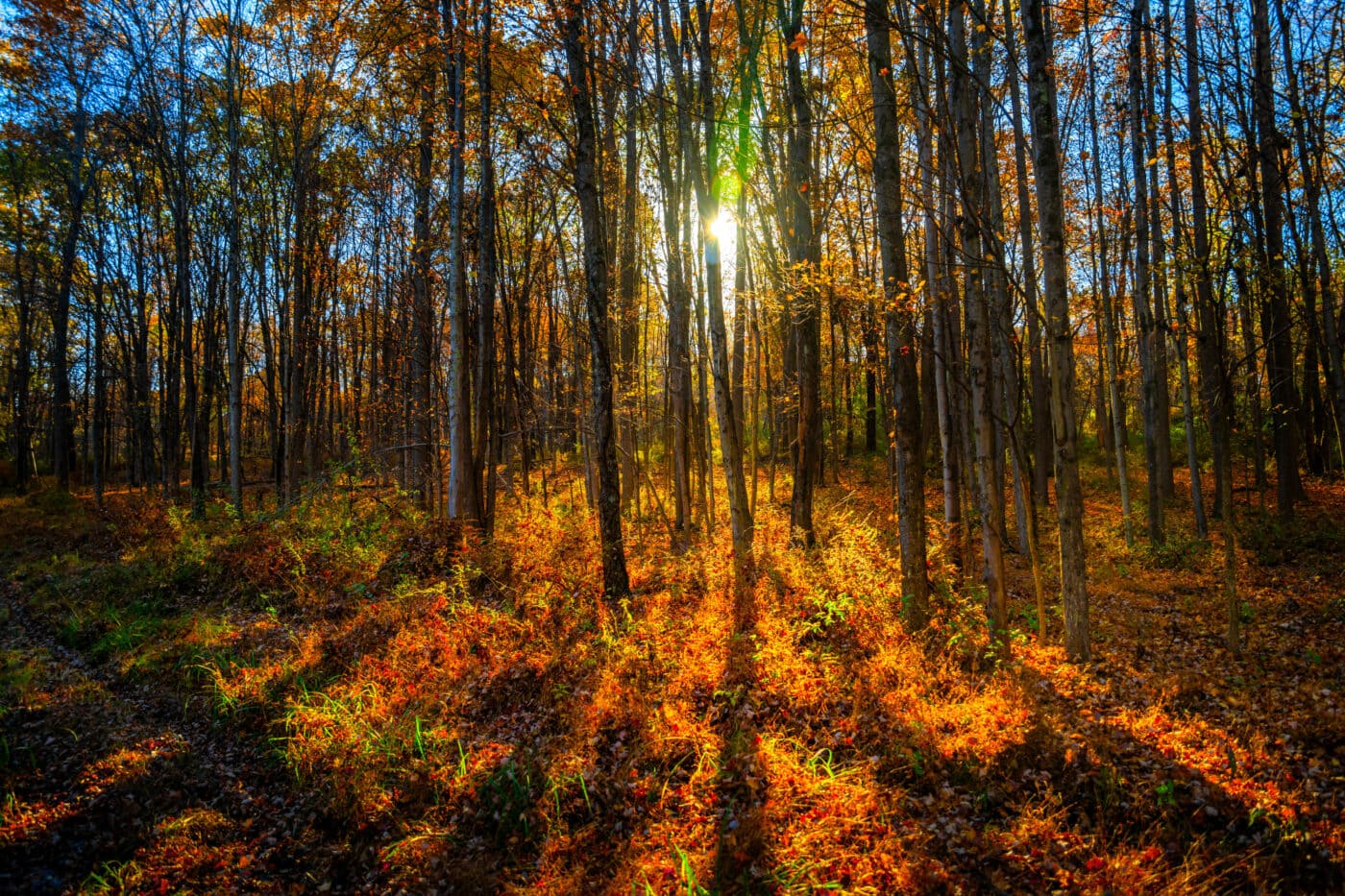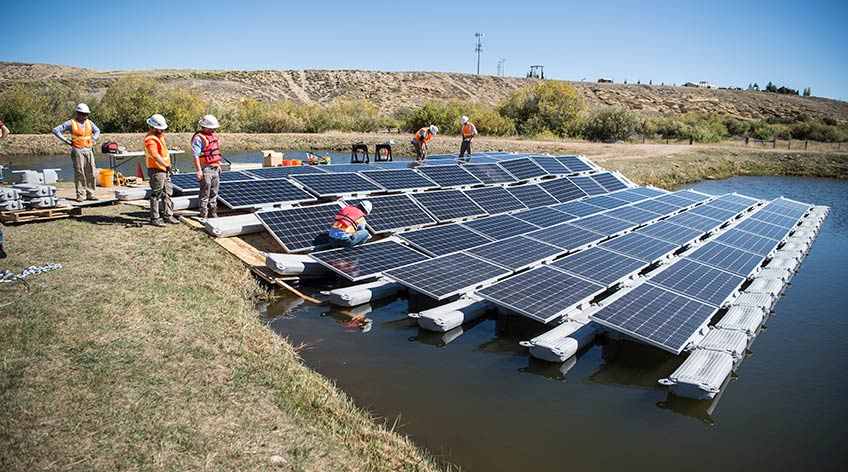
The statistics are impressive: by 2030, more than 24 million new jobs could be created globally by shifting to a greener economy, according to the International Labour Organization. But what actually are those jobs, and what do they take?
La Voz and Scenic Hudson’s HV Viewfinder both envision a sustainable future for all in the Hudson Valley, so we teamed up to get insight into green careers through the eyes of four local people who hold exciting roles. Not only do these leaders feel challenged, but they also say they’re contributing to revitalizing the area both today and tomorrow.

Serena Padilla
Garden Educator, Land to Learn
What do you do? I teach garden-based education classes (SproutEd) to all kindergarten-2nd grade students in both schools and manage or maintain the school gardens. Our lessons are rooted in gardening, food, community, health, and ecology.
What are your daily work activities? Teaching 3-4 garden-based lessons in-person to Kinder-2nd grade students, playing outside and digging in the dirt, gardening with community members, cooking with various ages of youth, organizing and coordinating with teachers and administrators, and developing curricula.
How does your work make an impact? I love this question! I think this work has a long term impact in the way that young people approach new things and feel connected to nature. The school gardens are peaceful spaces for youth from all backgrounds to understand ecosystem dynamics, to explore the generosity of nature, and to understand that they are an integral part of the world.
What could someone interested in this career do? Get involved in the community — listen to community needs, volunteer in community growing spaces, learn from folks and elders that have been involved in food justice work. Always take an intersectional approach — consider how work connected to education and the environment intersects with race, class, gender, mobility, and requires a critical lens.
To read more posts in the Green Careers/Carreras Ecológicas series click here.



